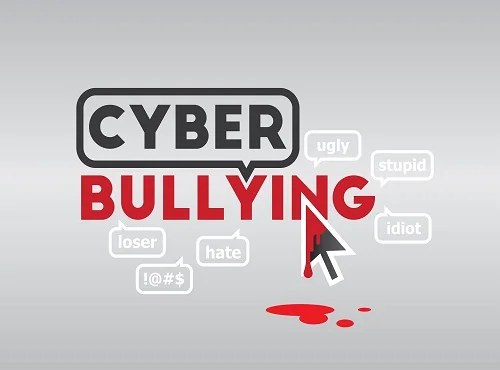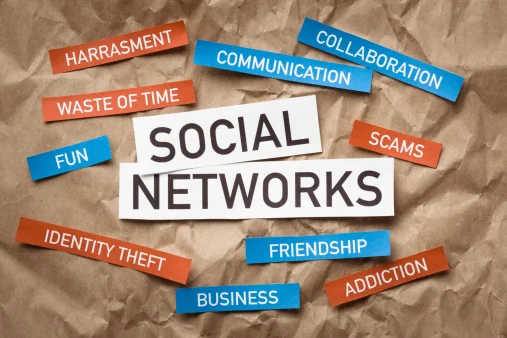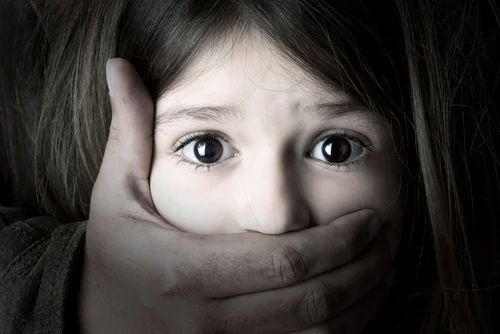+1 845 259 2974 (11 a.m to 7 p.m CST)
Top 5 Myths about Teens’ Online Safety Busted

If you believe all that you hear or read about the internet and the many risks that it poses to teens, then you might not want your little ones to be spending time online anymore. The digital environment is certainly not the safest place for a child to be in, but at the same time, it is not exactly a snake pit as it is often made out to be.
The more you believe in the myths about online safety, the more conservative your whole approach towards the issue would become, and the harder it will be to bring your teens on the same page. Therefore, it is important to see through the myths and learn the truth regarding the true extent and extent of some of the most commonly cited threats. We have done a bit of work for you, but leave the rest to you.
1. Social Networking Sites Promote Cyberbullying
It is generally assumed that kids who use social networking sites such as Facebook mostly end up becoming a cyberbully. This is a rather ridiculous assumption. Most kids who bully others in real life repeat this behavior online. Issues at school or at home may also force the kid to engage in cyberbullying. Instead of blaming Facebook, parents should find the root cause of the problem and work on fixing it.
2. Uploading Images is Always Dangerous
Some parents strictly prohibit their kids from posting their pictures online, thinking that cyberbullies, cyberstalkers, and online predators may use these photos to exploit them. This is again a blatant exaggeration of the risk. Although posting photos attract online predators, cyberstalkers, and cyberbullies, you can limit the risk by setting a strict privacy policy. Forbid them to share photos with the public, and also ensure that they are not uploading anything even remotely inappropriate.
3. Kids Do Not Behave Well Online
Another misconception regarding online safety is that teens are at their worst online due to lack of supervision and the option of anonymity. This may be true in some cases, but not all. There are a large number of kids who use internet for productive purposes like doing informative research, finding answers to academic problems, supporting a good cause, providing emotional support to friends in the time of need, protecting others from cyberbullying, etc.
4. Avoid All Strangers on the Internet to Stay Safe
Parents are of the view that the best way to protect teens online is keeping them from talking to strangers. This is a rather extreme measure as not every stranger is out to harm your kids. Instead of stopping kids from interacting with strangers, you must teach them to recognize the predatory behavior. Tell them that they should avoid answering questions like “Where do you live?”, “What do your parents do for a living?”, “In which school do you study?”, etc. Furthermore, advice your kids to report such a stranger to you immediately so that you may take further action against such individuals, lest they go around fishing for more victims.
5. Parental Controls Make Internet Completely Safe
Parents these days think that installing parental controls on their kid’s devices is all they need to keep them safe. The use of parental controls may limit the risks, but these solutions do not provide absolute protection. Furthermore, some of these tools are easy to tamper with. So in addition to installing parental control software, you must also talk to your teens about responsible online behavior, and continue supervising their digital activities.




























